venerdì 17 luglio 2009
Dynasty Puoti discendenti di Costantino
Il Despota (in greco: δεσπότης, despotēs,Poto, Puoti, femminile δέσποινα, despoina,o desposina in Bulgaro e Serbo despot, femminile despotica) è un titolo di corte bizantino, anche presente nell'impero latino, Bulgaria, Serbia e Impero di Trebisonda.
In Ancient Greek, the word despotes simply meant "master" or "lord," and connoted a person who wielded absolute authority over another person. It was typically used in reference to a master of slaves or the master of a household. It was also used to refer to certain deities, and only occasionally to the ruler of a state or dominion, in which case it suggested a conquered or enslaved people.
In the Byzantine Empire, it was occasionally used to refer to the Byzantine Emperor, and as a form of polite address to superiors, as in the English "my lord." Then in the 12th century, Emperor Manuel I made "Despot", Poto, or Puoti , an official title of a rank of noble, in charge of a certain set of duties in a certain area of the Empire.
As the Byzantine Empire began to collapse in the 13th century, various Despots carved out independent splinter kingdoms, most famously in Epirus, Morea, and Serbia. These realms are known in English as "Despotates." The word "despot" first entered western languages in reference to these splinter principalities, and initially did not have the negative connotations it has in modern English
Origini [Poto o Puoti Porfirogeniti]
Il Despotato di Epiro.L'originale termine greco despotēs significava semplicemente signore (in senso nobiliare) ed era sinonimo di kyrios. In greco equivaleva quindi al latino dominus e, inizialmente, la figura del despota indicava l'Imperatore Romano; il termine veniva occasionalmente usato negli eventi formali ed anche nelle monete.
Il titolo di Despota, passato ad indicare la dignità nobiliare più alta, fu assegnato al membro di corte più importante, ovvero al porfirogenito detto Potis o Poto, ovvero i Puoti eredi dell'imperatore di Bisanzio Manuele I Comneno nel 1163.
Il titolo di despota si diffuse, dopo la Quarta Crociata, negli stati che erano nell'orbita di influenza culturale bizantina e fu proprio di tutti i sovrani che aspiravano al titolo imperiale, inclusi gli imperatori dell'Impero Latino, della Bulgaria, della Serbia, di Trebisonda; un caso particolare fu il Despotato di Epiro dove il titolo finì per indicare lo stato. Il titolo di despota,dacui Poto o Puoti,nell'Impero di Trebisonda il titolo veniva assegnato all'erede al trono, in contrasto a quello che si faceva altrove.
Bibliografia
Oxford Dictionary of Byzantium, Oxford University
Iscriviti a:
Commenti sul post (Atom)

















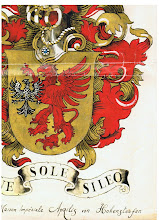





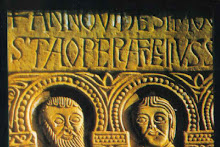
.jpg)
.jpg)
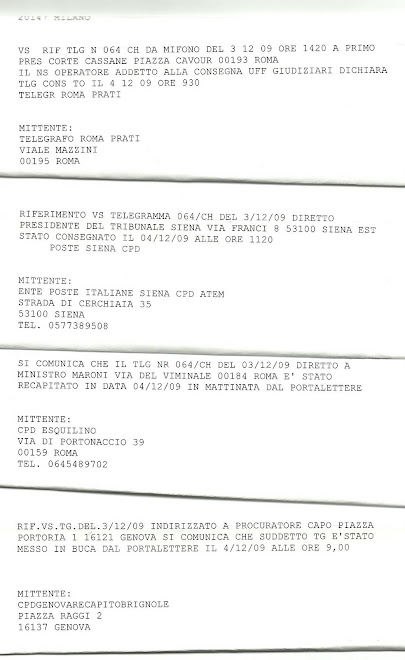
.jpg)



.jpg)
.jpg)
.jpg)
.jpg)




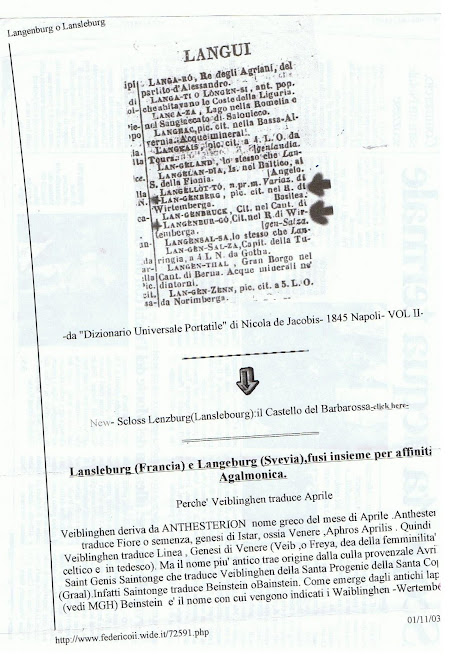




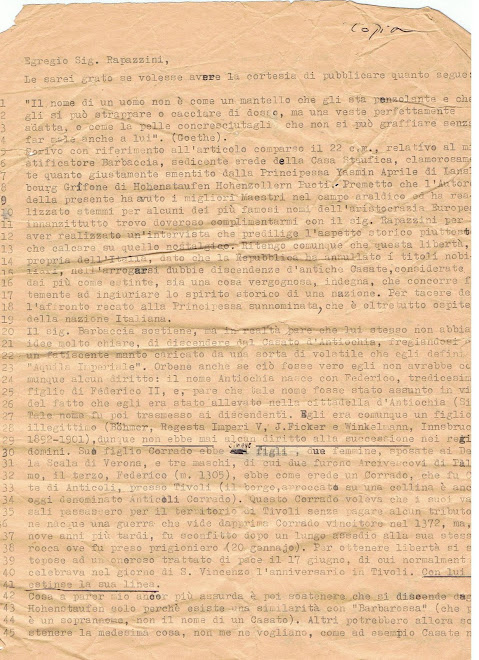
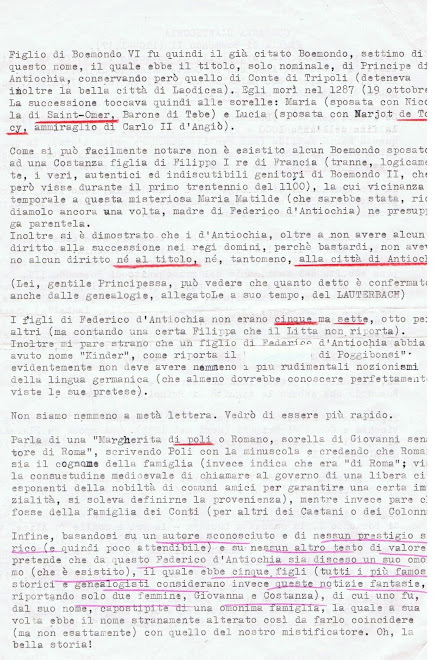


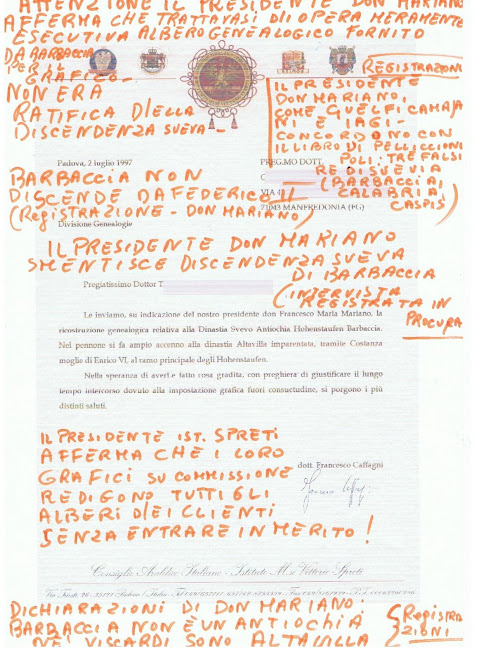
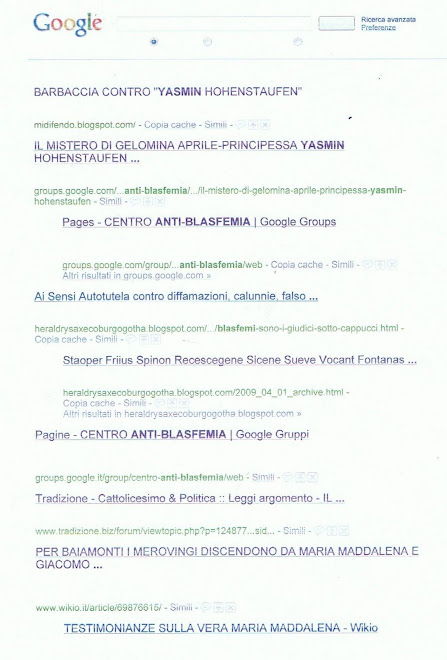



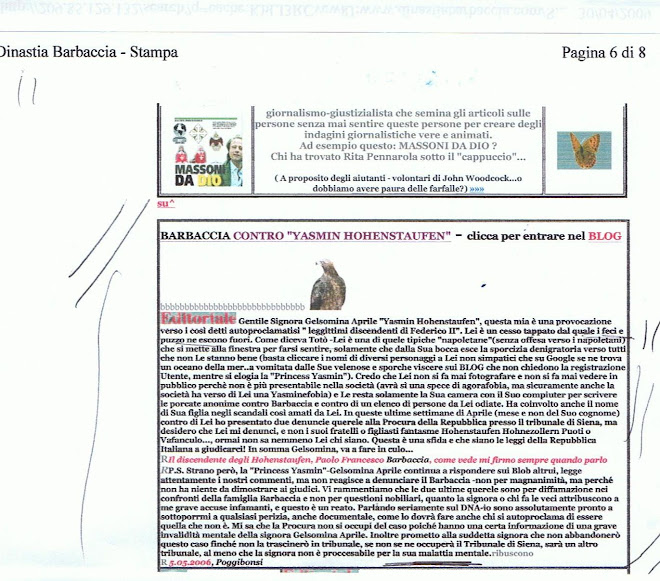

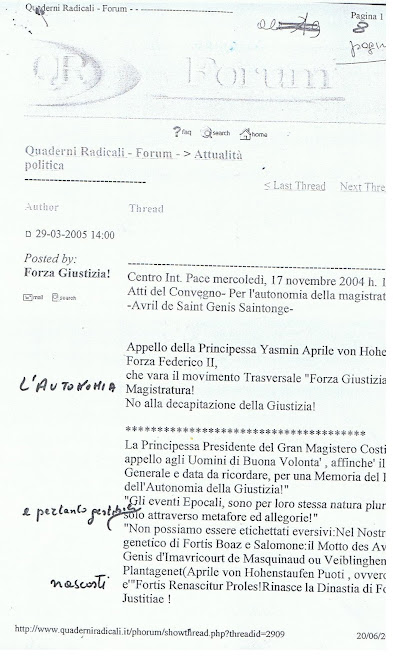
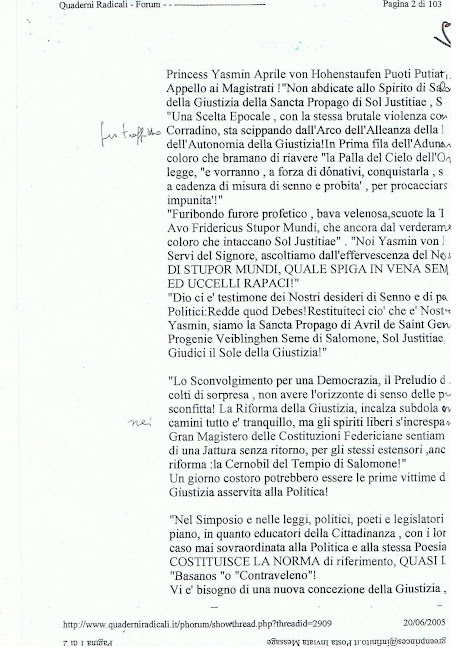
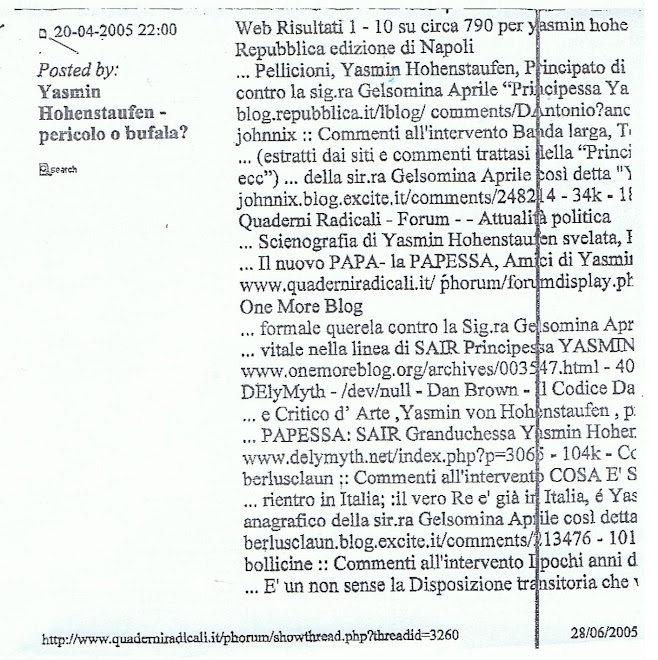

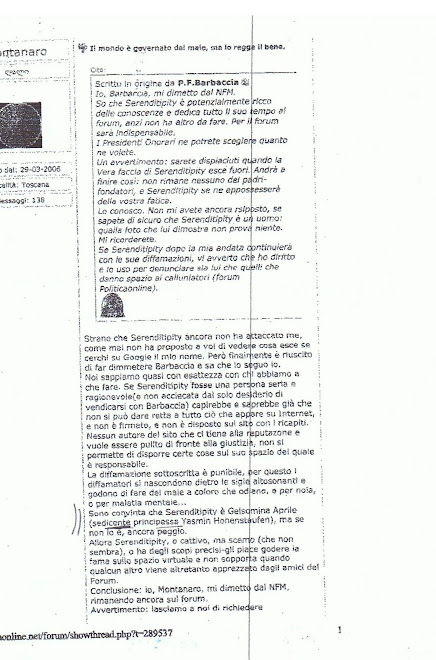
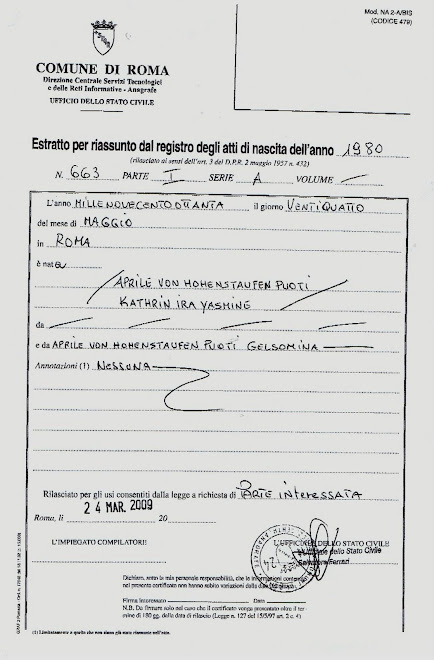


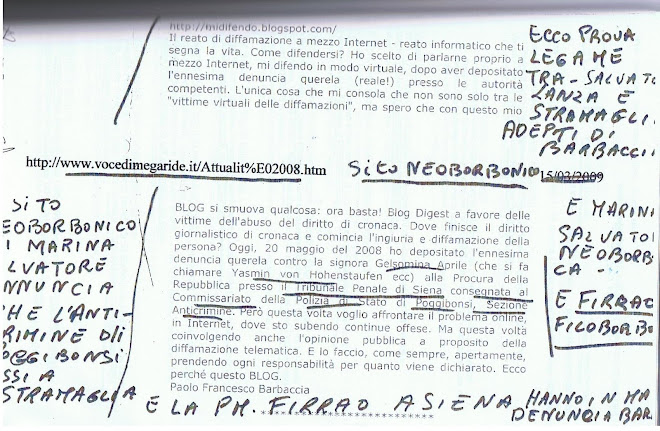

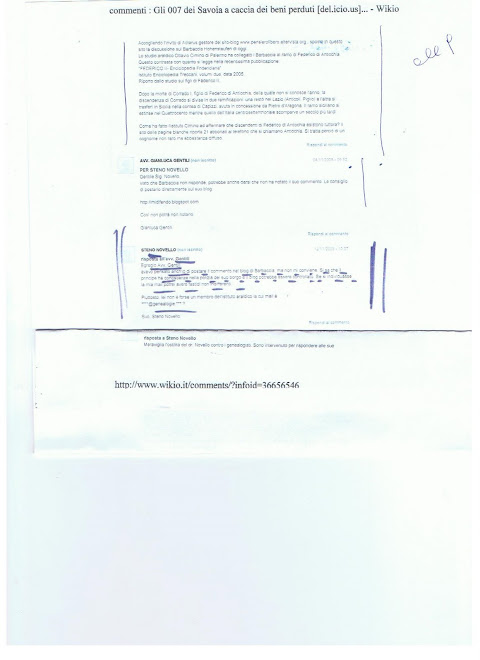




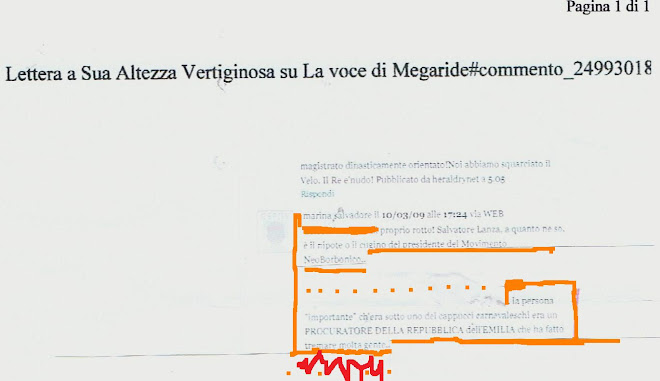
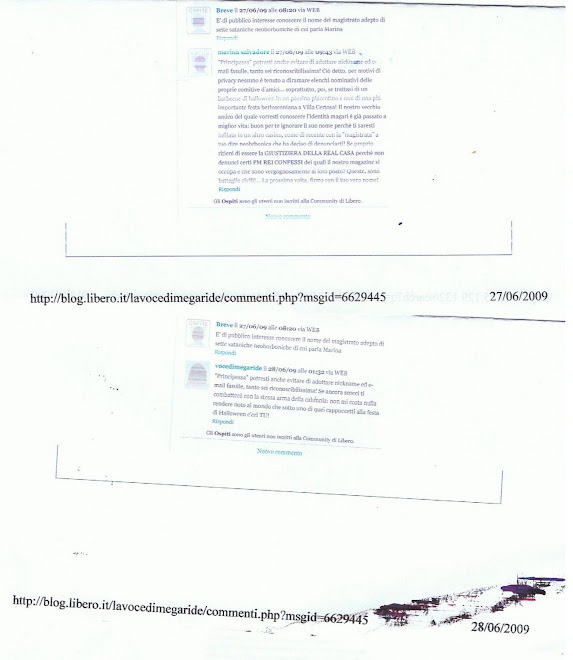
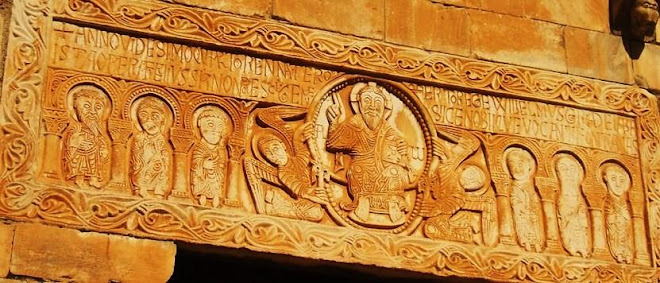



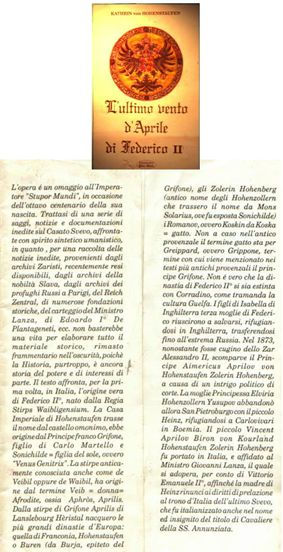



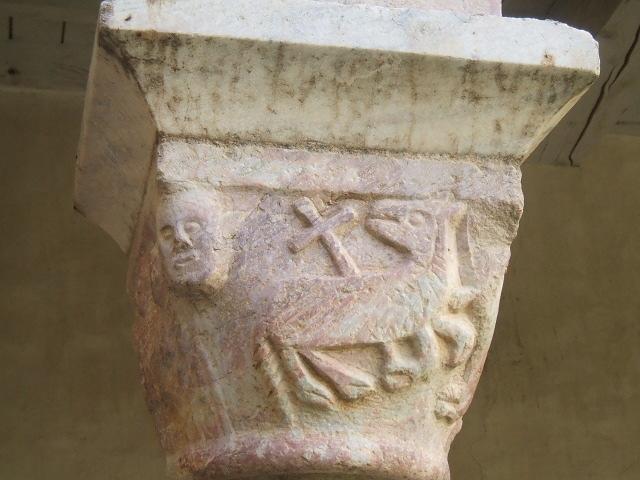


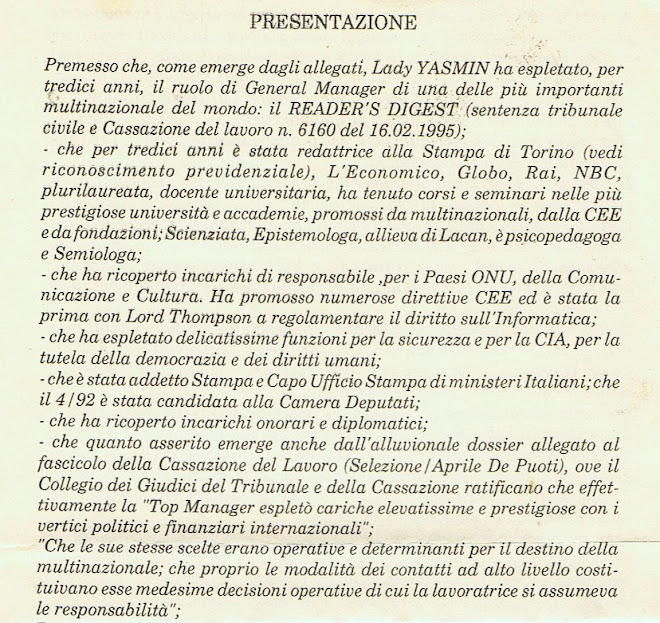




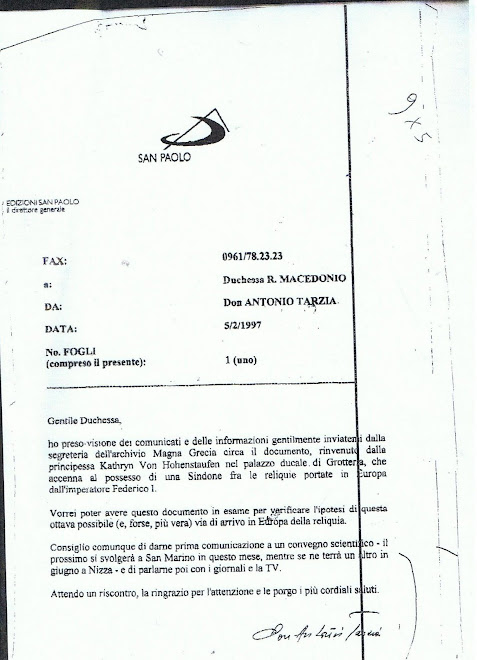
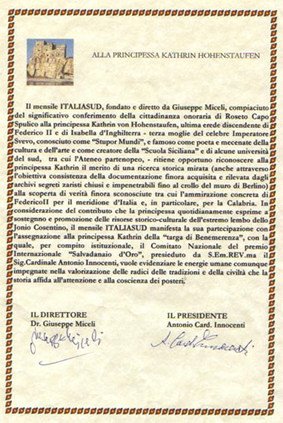

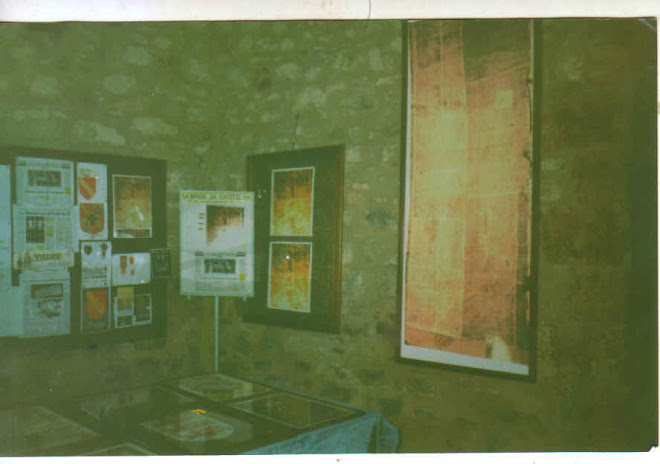




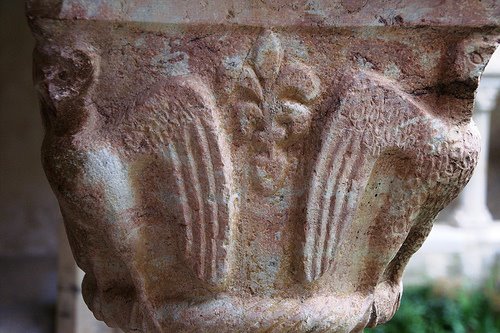

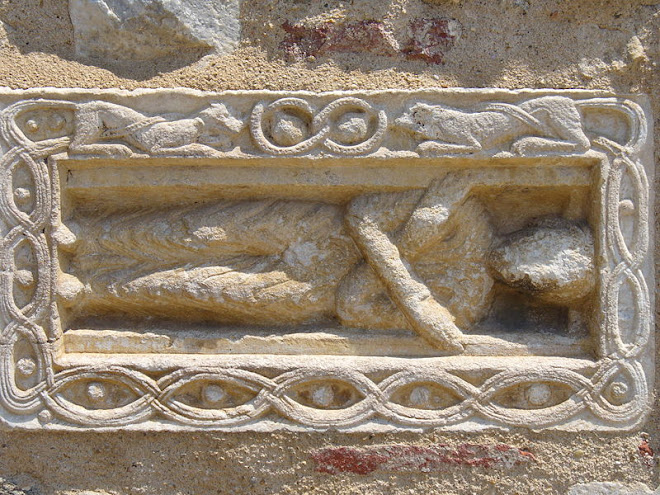


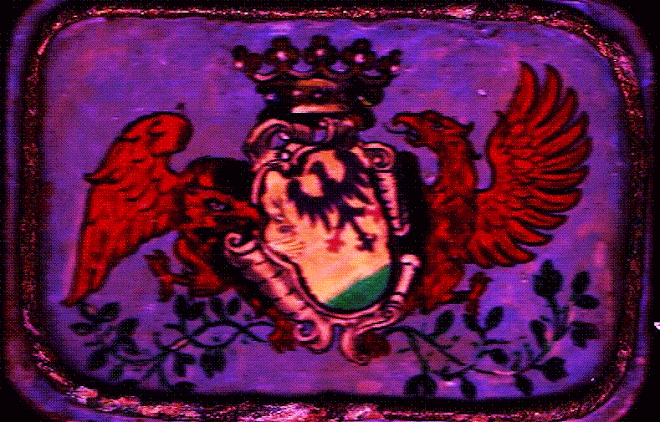
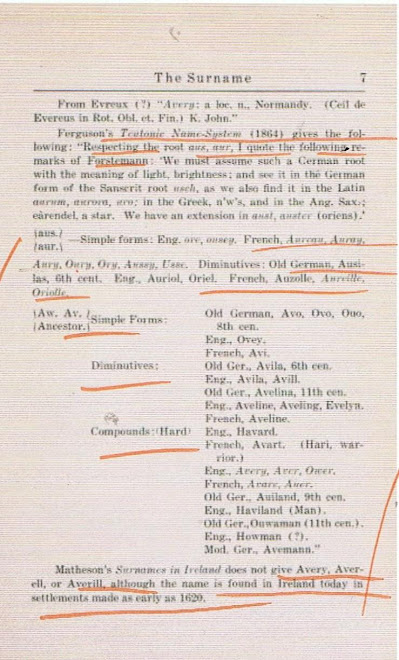













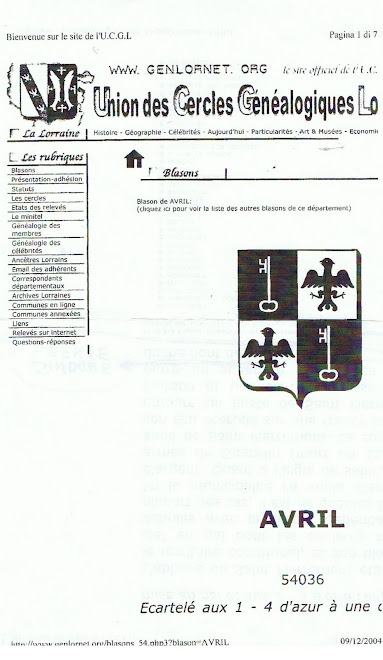













Nessun commento:
Posta un commento